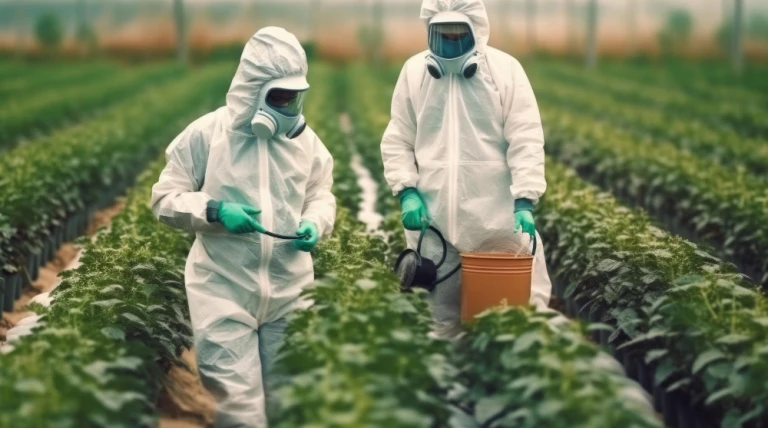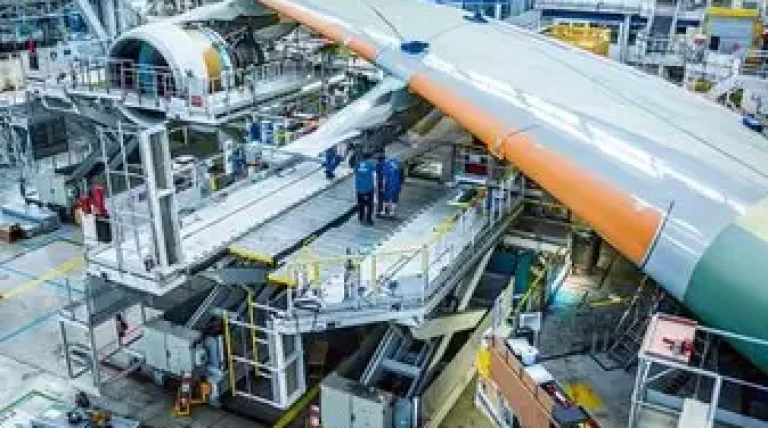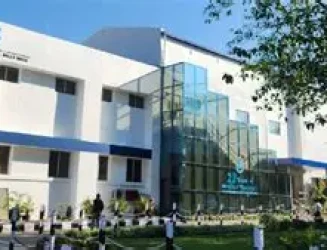Sai Ram Agritech's ambitious project to expand its Technical Pesticide Unit in Rampura, Bathinda district, Punjab, presents a significant investment of ₹15.00 Crore and a notable increase in production capacity from 200 TPA to 3000 TPA. However, critical details such as the specific types of pesticides, weedicides, and fungicides to be produced, raw materials used, waste management plans, environmental impact assessments, and project timeline are currently undisclosed. To gain a comprehensive understanding of the project's implications, stakeholders can explore avenues such as the company's website, Punjab Pollution Control Board (PPCB) resources, local news articles, and direct communication with Sai Ram Agritech.
The expansion holds promise for bolstering India's production of crop protection products, reducing reliance on imports, and contributing to the growth of the agricultural sector. However, concerns regarding potential environmental and health impacts necessitate stringent adherence to environmental regulations and best practices. Additionally, understanding the project's impact on local farmers and agriculture practices, including access to information about safe pesticide use and potential effects on soil health and water quality, is crucial for promoting sustainable agricultural practices and community well-being.
As Sai Ram Agritech progresses with its Technical Pesticide Unit expansion, stakeholders must prioritize gathering comprehensive information to assess the project's viability, environmental impact, and socio-economic implications. By leveraging available resources and engaging with relevant stakeholders, including the company itself, stakeholders can ensure alignment with regulatory standards, environmental sustainability, and the promotion of responsible agricultural practices.
News by Rahul Yelligetti
![{[setting('site_name')]}](https://projxnews.com/uploads/setting/16983847711140531930.webp)












